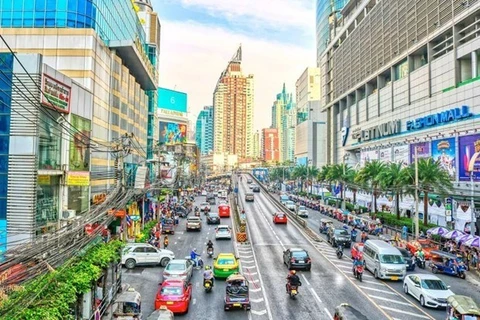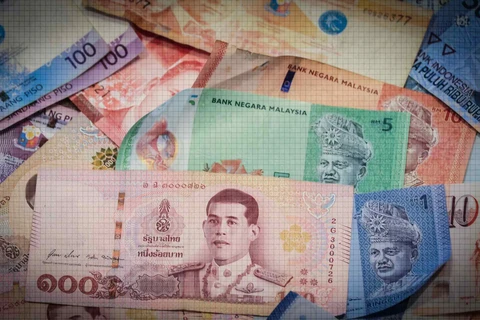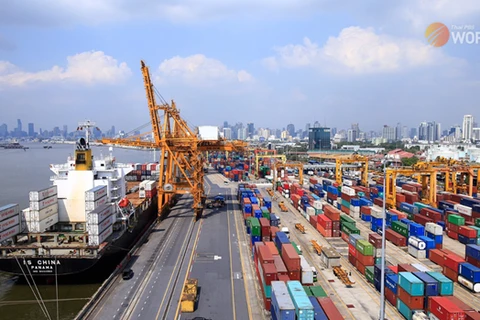Bangkok (VNA) – Aiming to become the world's food supplier, Thailand is making efforts to incubate innovation in its agricultural sector, improve farming methods to increase the productivity and value of agricultural products, as well as support farmers in the transition to smart agriculture.
About 30% of the workforce is working in agriculture which is one of the country's key economic sectors.
Although Thailand is always among the world's largest rice exporters and is considered the region's tropical fruit basket, its agricultural sector only contributes 8-9% to the Gross Domestic Product (GDP). Agriculture is also facing many challenges including an ageing population, a high rate of indebted farming households, a low rate of technological application, a modest rate of organic agriculture and high vulnerability to natural disasters.
Thailand identified four focuses to develop its agriculture including the implementation of the Bio-Circular-Green (BCG) economic model in agriculture and increasing productivity through large-scale farming, and the promotion of high-value crops such as vegetables, fruits and organic crops for export. Two other important groups include the cultivation of plant-based food crops to support future food security trends, and the increased use of online technologies among farmers.
With those focuses, in recent years, the government has taken policies and measures, especially partnerships with the private sector in technology development to help farmers innovate agricultural practices.
Kubota Farm - a modern agricultural development project in Chonburi province in the eastern economic corridor of Thailand, is considered a typical model of knowledge transfer to improve agricultural capacity in line with the Government’s orientations.
Operated by the Siam Kubota Corporation Co., Ltd., a Thai-Japanese joint venture, the farm represents a complete agricultural cycle from soil preparation, sowing, nurturing, harvesting, post-harvest and consumption. According to Siam Kubota President Junji Ota, the Kobuta farm aims to develop Thai agriculture into a smart agriculture model by applying new agricultural theory and using big data in cultivation and resource allocation, such as tailored water and appropriate temperature for each crop.
The farm is divided into ten areas, using 86 agricultural solutions which are the result of its collaboration with partners including the government, private sector and educational institutions in the country.
The cooperation aims to minimise risks caused by natural disasters, reduce costs, improve output and product quality, and create sustainable income for farmers.
According to the farm representative, the Kubota farm welcomed more than 50,000 visitors including farmers, government officials, and representatives from businesses in the country and abroad to learn about smart farming.
Following the BCG economic development model, Siam Kubota has introduced innovative and sustainable solutions to farmers. The company currently has partnerships with community enterprises and cooperatives in 59 provinces in Thailand, with projects involving more than 17,000 farmers to improve agricultural production, processing and human resources./.

Thailand plans to spend 16 million USD to boost tourism
Thailand’s Ministry of Tourism and Sports plans to use 600 million BTH (16 million USD) from its central budget to promote tourism during the high season as fiscal 2024 budget disbursement is expected to be delayed until April next year.






















